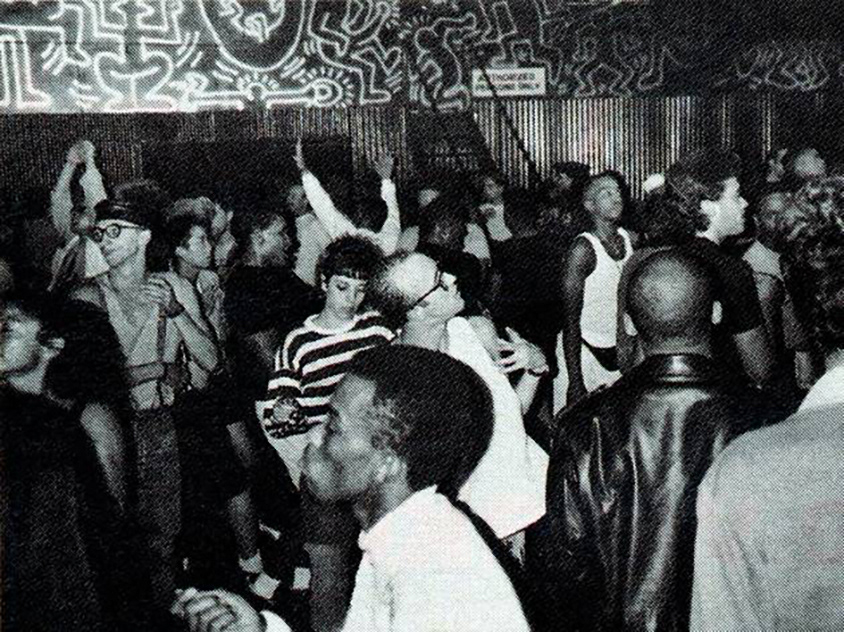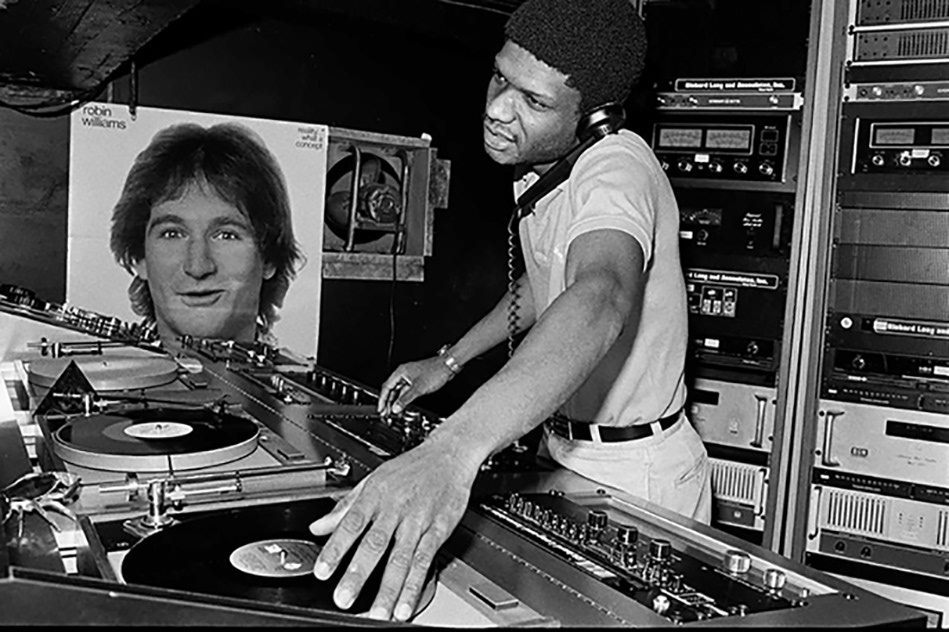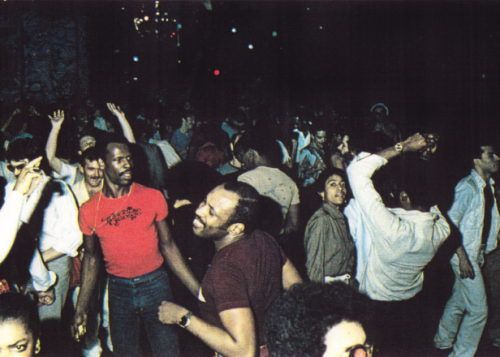"We touch each other with nothing, and it may be because we have nothing, no meaning, no message to communicate or send, that we are able to touch each other.”



BREAKING THE MOLD
What is the point of pointlessness? It seems something is always driving us there: a place where we can indulge in the absence of meaning.
Almost all of us were imprinted at birth with a fixed, predefined system of values. We are launched one by one down our individual paths, all in the single-track-minded pursuit of "success."
But since ancient times, humans have been instinctively attracted to some level of disorder and excess — a satisfying state of chaos centered not around intellectual meaning, but rather, around raw, primal feeling. That’s because connecting with these hedonistic intuitions enriches our relationships with ourselves...and the world around us. Ironically, pointlessness gives meaning to our lives.
Evidence of this can be seen throughout human history — spanning all ages, time periods, ethnicities, geographical locations and religions. Rituals of dance, meditation, spiritual exploration, ingestion of psychoactive drugs, and the inherent desire to explore the boundaries of our conscious minds are all elementary parts of the human condition. Although suppressed in our modern way of life, the impulse is deeply embedded in all of us.
Over the past several decades, this outlet for escape has manifested into a unique party culture — one which uses modern technology to restore an ancient rite.
Bound together by the connecting power of music, this global mass movement has:
- redefined sound...
- revived the spirit of dance...
- reclaimed the night...
- discarded the measurements dictated by time…
- revived the spirit of dance...
- reclaimed the night...
- discarded the measurements dictated by time…
...and redirected the pursuit of success toward the pursuit of happiness and fulfillment.
DANCE MUSIC: A BIT OF HISTORY*
Like the evolution of language, Dance Music developed simultaneously around the world. The age of globalization made it possible for its distant subsets to collide so naturally — internationally — allowing it to evolve into the legendary mega-culture that exists today.
It’s almost like these subcultures developed in immediate proximity, as if on the vast supercontinent of Pangaea. And now, spread across the world, a singular unspoken philosophy and language perseveres.
Influenced by the synthetic sounds of artists like Kraftwerk in Germany and Giorgio Moroder of Italy, Techno really came to fruition in 1980’s Detroit.
Techno was an erratic response to the alienating and industrial wasteland of its birth. Once the leading capital of auto production, Detroit would eventually become the leading capital of homicide. Forgotten, estranged, divided by violence, deprived of any sensory or cultural spirit, Techno captured the broken identity of Detroit. Embracing in its very essence the sound of technology, Techno reclaimed control of the machine.
House Music also began to take shape in the 1980’s. It was primarily the gay and black communities in the US who cultivated this groove-based sound. They uprooted the soulfulness of Funk and Disco, and from it, they created House — House not only as music, but House as a feeling.
Amidst the mainstream Rock n’ Roll backlash against Disco (after its kitschy commercial peak) those marginalized cultures sought after preserving its hidden spirit, the soul of a rejected genre that — little did these Rock n’ Rollers know — harbored immense possibility.
Disco introduced the concept of the continuous mix: an uninterrupted flow of sound and movement. This eliminated the notion of beginning and end. It laid the groundwork for a whole new way to party to music.
COLLECTIVE DISAPPEARANCE
Every generation has its signature ideology in which we remember it by. The baby boomers were notorious for their free-love movement in the late 1960’s. Their blanket of communal identity was also sewn together by the threads of music.
Their art, music and poetry were a direct response to what was happening in politics at the time. An anti-war generation united under the pursuit of peace, this free-thinking community candidly addressed the social injustices of their time. Their protest was an active one.
While the dance music scene resembles a similar sentiment of unity, it has from its beginning developed as an autonomous culture, remaining outside the political sphere. It protests instead through a certain type of non-submissive passivity, what modern philosopher Antonio Melechi calls “collective disappearance” — a rebellion in which a parallel society comes alive after the rest of the world is asleep.
It is in this invisible space where feeling is liberated, where nothing means everything. Though virtually unarticulated, this culture has nevertheless sparked a revolution, defining its own parameters without trying to redefine those of the rest of the world.
While our parents put forth a ground-breaking ideology in their action-based rebellion, it seems we are still asking:
What are we left with?
What were we born into?
What were we born into?
A disenchanted generation of children, we are seeing now that political protest has proved little change in the fundamental nature of how we live. It is inevitable that we propose new ways and paths for existence.
THE LIBERATED EYE (& I)
The dance revolution is not part of a grander scheme, pushing toward any sort of end result. The party is an end in itself. A pure and genuine expression of the ephemeral, we surrender completely to the moment which is now, as if that’s all there ever was, or all there ever will be.
This kind of party allows for the momentary loss of identity, both for us as individuals and us as a collective whole. It enhances the id by eliminating the ego, paradoxically centering the self by destabilizing it. It revives the body in action, just as artists had aimed to do in 1970’s conceptual performance art, only this time there is no audience, only participants. The body is free from the burden of self-consciousness.
The music is continuous and evolving, grounded by a rhythm in sync with the beat of our hearts. It instantly engages and welcomes the body, well before the mind even enters the equation.
The music, lights, and disorienting atmosphere of the dance floor makes for a truly peripheral experience. We are a part of our surroundings. We feel a sense of belonging — equality between human and space.
This is in contrast with a traditional concert experience where we are situated in an audience full of spectators, our attention directed toward a single point: the stage.
For example, when seeing a band perform, our experiences are often validated by getting as close to the stage as possible to watch the artists perform in the flesh. While this of course bears immense value in its own way, the nature of the experience is intrinsically different. The music is listened to, but this is almost secondary to the eye’s mission of seeing what the ear is hearing.
Because of the eye’s dominance over the other senses, we are somewhat deprived of experiences engaging the entire sensorium. Things are measured and therefore valued by their capability of showing and being shown.
The peripheral nature of dance music is a type of liberation from the focused eye. This exchange takes place upon enrapture in a wholly incorporating space like the night club. The focused eye is sort of like our ego, our fixed identity. When we enter this environment, we are forced to surrender to a reduced version of our self. A self which coalesces into space, into other selves.
OUR HOURS
While 60’s music culture has become increasingly romanticized over the years, Dance Music has faced a lot of pushback. It is often dismissed as “escapist”. But it is much deeper than that. It is a home, a community, a family, a religion, a place to discover ourselves, a space to discover each other.
There is a phenomenon present here, one in which self-abandonment ends up bringing us closer to ourselves, and in turn, closer to each other. We bond, authentically, over the non-goal oriented nature of the present, reconnecting with a primitive sense of pure enjoyment.
This is our time.
These are our hours.
These are our hours.
We’ve taken back the reins of our realities. We shape our worlds however we want. We break the mold. We break the system. We set aside our differences. We don’t even see them anymore. We find ourselves reflected in one another.
That is the objective, a point no less.
Beki Powell © 2009
ADDENDUM
*Please note that this essay refers to original dance music culture, NOT the commercial, mainstream “EDM” scene that has developed since this piece was written.
BP 2018
CONTRIBUTIONS TO PROJECT: Writing
